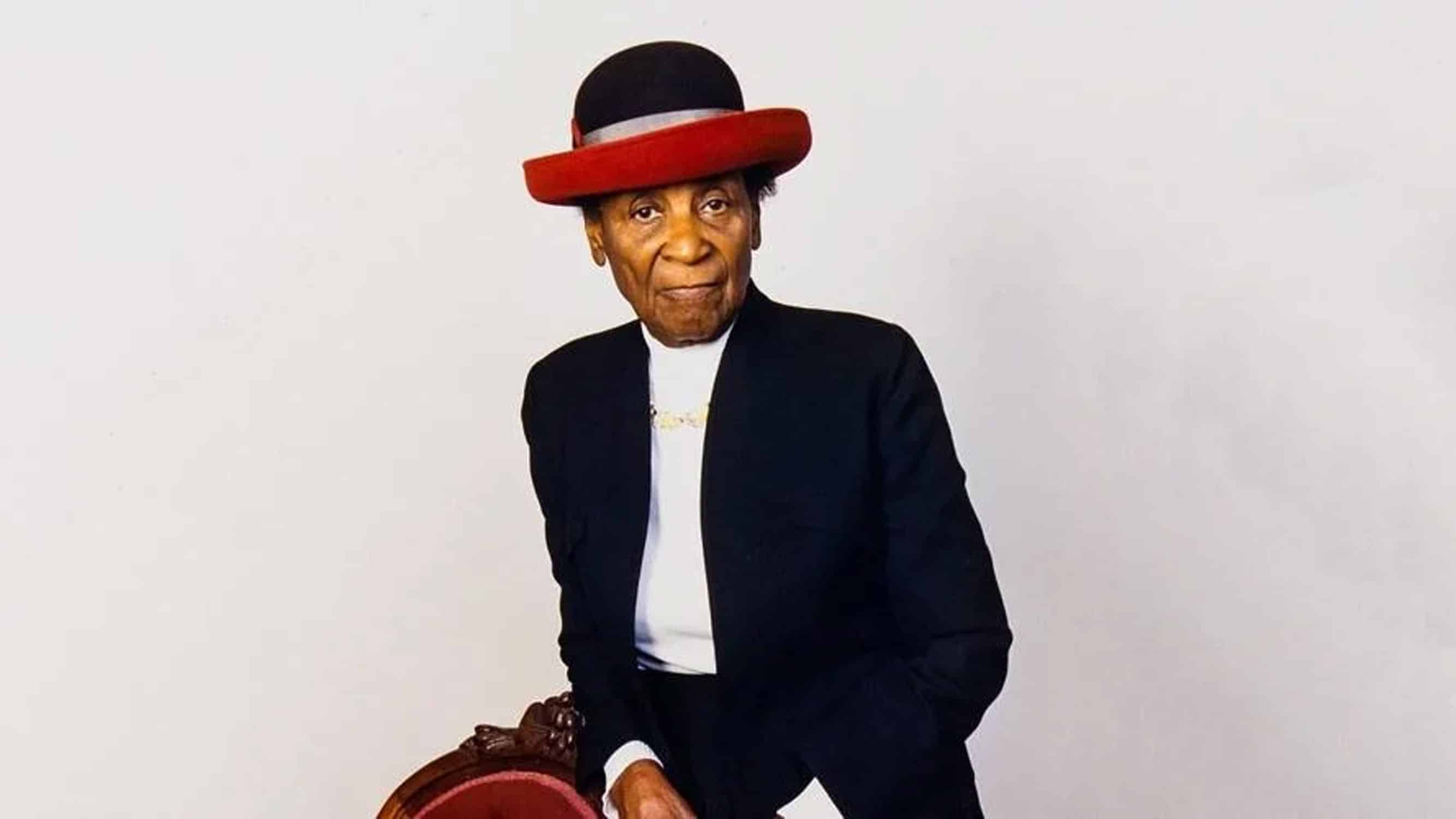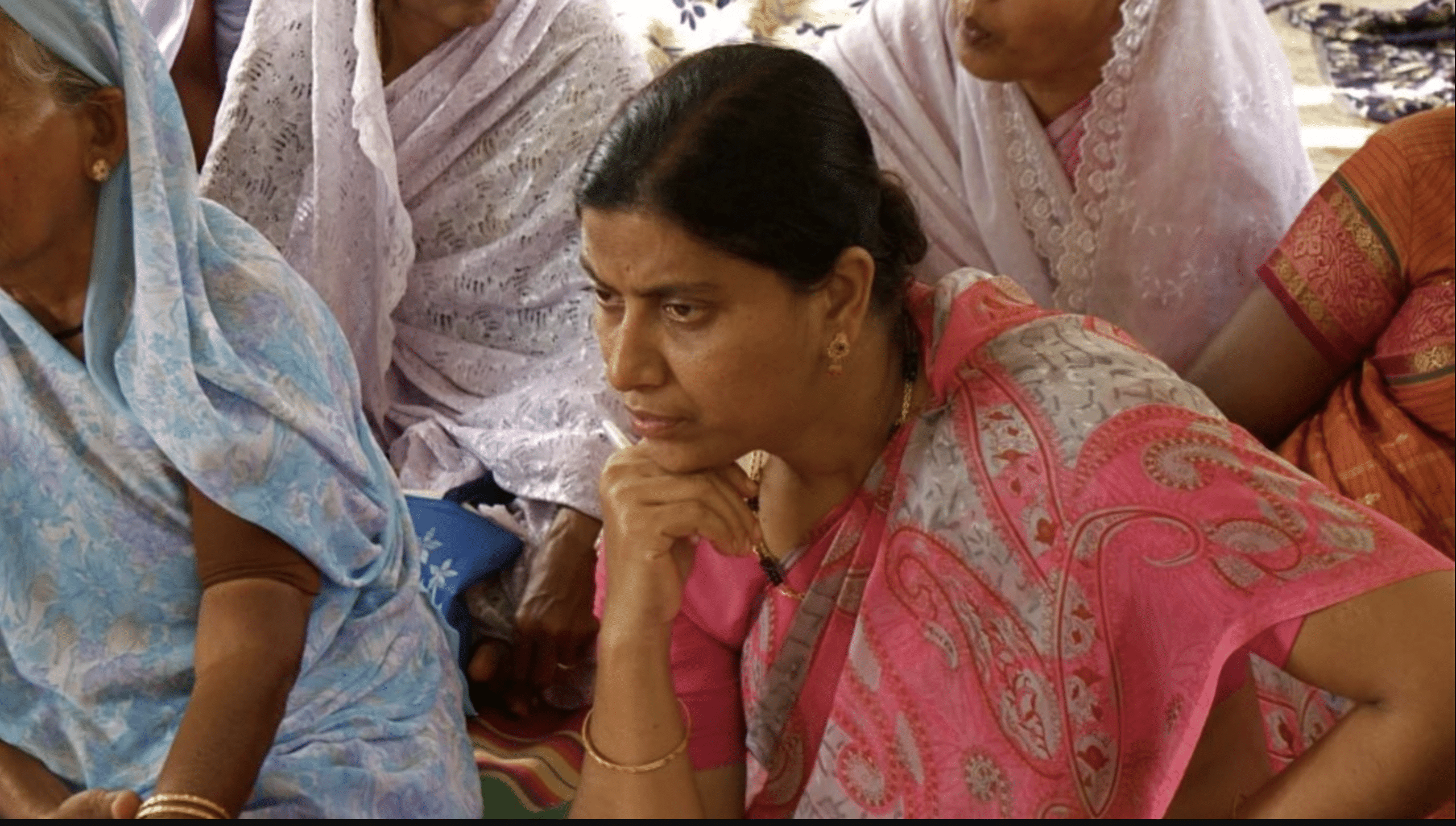Three New Titles by Women Directors Available on Cinema Politica On Demand
Across three continents, this month’s International Women’s Day titles (Deepa Dhanraj’s INVOKING JUSTICE, Tamara Dawit’s FINDING SALLY, and Sylvia Hamilton’s CARRIE M. BEST: CHAMPION FOR HUMAN RIGHTS) illuminate three distinct struggles for women’s autonomy against white supremacist, misogynist, and authoritarian structures. While each film’s subject enacts their revolt through different channels—journalism, law, armed revolution—each celebrates unflinching feminist action: a timeless necessity uniting women across the globe.
INVOKING JUSTICE
In Southern India, family disputes are settled by Jamaats—all male bodies which apply Islamic Sharia law to cases without allowing women to be present, even to defend themselves. Recognizing this fundamental inequity, a group of women in 2004 established a women’s Jamaat, which soon became a network of 12,000 members spread over 12 districts. Despite enormous resistance, they have been able to settle more than 8,000 cases to date, ranging from divorce to wife beating to brutal murders and more. Award-winning filmmaker Deepa Dhanraj follows several cases, shining a light on how the women’s Jamaat has acquired power through both communal education and the leaders’ persistent, tenacious and compassionate investigation of the crimes. In astonishing scenes we watch the Jamaat meetings, where women often shout over each other about the most difficult facets of their personal lives. Above all, the women’s Jamaat exists to hold their male counterparts and local police to account, and to reform a profoundly corrupt system which allows men to take refuge in the most extreme interpretation of the Qur’an to justify violence towards women.
FINDING SALLY
FINDING SALLY is a riveting portrait of a family history cast against the 1974 Ethiopian Revolution, uncovering the incredible story of a 23-year-old woman from an upper-class family who became a communist rebel with the Ethiopian People’s Revolutionary Party. Idealistic and in love, Sally got caught up in her country’s revolutionary fervour, landing on the military government’s most-wanted list. Thereafter, she went underground, and her family never saw her again.
Four decades after Sally’s disappearance, filmmaker Tamara Dawit pieces together the mysterious life of her aunt Sally. She revisits the Ethiopian Revolution and the terrible massacre that followed, which resulted in nearly every Ethiopian family losing a loved one. Her quest leads her to question notions of belonging, personal convictions and political ideals at a time when Ethiopia is going through dramatic political changes once again.
CARRIE M. BEST: CHAMPION FOR HUMAN RIGHTS
Carrie M. Best was a Nova Scotian journalist, author, broadcaster and human rights activist. Born and raised in New Glasgow, she became a tireless advocate for human rights in Nova Scotia and throughout Canada. She created “The Clarion”, the second newspaper published by African Nova Scotians, helped to establish the Nova Scotia Human Rights Commission, and produced “The Quiet Corner”, a popular radio program heard throughout the Maritimes.
In 1942 she filed a civil lawsuit against New Glasgow’s Roseland Theatre and its owner in an effort to challenge the segregated seating policy. Her accomplishments earned her countless awards including the Order of Canada and the Order of Nova Scotia. This series of short vignettes takes us into her world to show why we need to remember the legacy of Carrie M. Best.





